- State Board
-
12th Standard
-

Biology
-
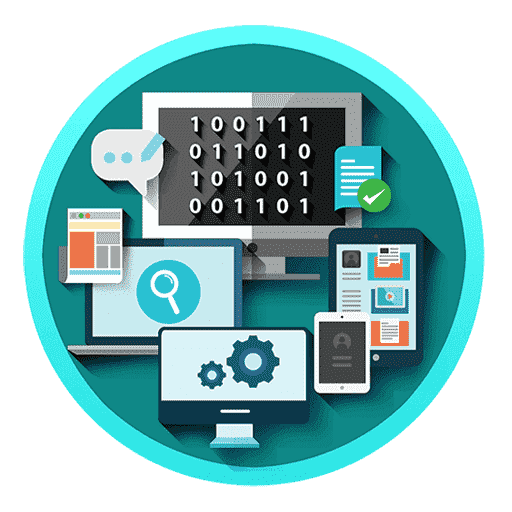
Computer Applications
-

Computer Science
-

Business Maths and Statistics
-

Commerce
-

Economics
-

Maths
-

Chemistry
-

Physics
-

Computer Technology
-

History
-

Accountancy
-

Tamil
-

Maths
-

Chemistry
-

Physics
-

Biology
-

Computer Science
-

Business Maths and Statistics
-

Economics
-

Commerce
-

Accountancy
-

History
-

Computer Applications
-

Computer Technology
-

English
12th Standard stateboard question papers & Study material
தமிழ் Subjects
English Subjects
-
-
11th Standard
-

Maths
-

Biology
-

உயிரியல் - தாவரவியல்
-

Economics
-

Physics
-

Chemistry
-

History
-

Business Maths and Statistics
-
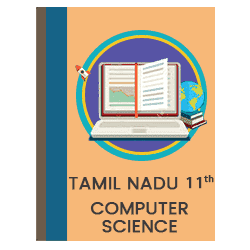
Computer Science
-

Accountancy
-

Commerce
-

Computer Applications
-

Computer Technology
-

Tamil
-

Maths
-

Commerce
-

Economics
-

Biology
-

Business Maths and Statistics
-

Accountancy
-

Computer Science
-

Physics
-

Chemistry
-

Computer Applications
-

History
-

Computer Technology
-

Tamil
-

English
11th Standard stateboard question papers & Study material
தமிழ் Subjects
English Subjects
-
-
9th Standard
-

-

-

-

-

-

-

Maths
-

Science
-

Social Science
-

Maths
-

Science
-

Social Science
9th Standard stateboard question papers & Study material
தமிழ் Subjects
English Subjects
-
-
6th Standard
-

Maths
-

Science
-

Social Science
-

Maths
-

Science
-

Social Science
6th Standard stateboard question papers & Study material
தமிழ் Subjects
English Subjects
-
-
10th Standard
-

Maths
-

Science
-

Social Science
-

Tamil
-

Maths
-

Science
-

Social Science
-

English
-

English
10th Standard stateboard question papers & Study material
தமிழ் Subjects
English Subjects
-
-
7th Standard
-

Maths
-

Science
-

Maths
-

Science
-

Social Science
7th Standard stateboard question papers & Study material
தமிழ் Subjects
English Subjects
-
-
8th Standard
-

கணிதம் - old
-

Science
-

Social Science
-

கணிதம்
-

Maths
-

Science
-

Social Science
8th Standard stateboard question papers & Study material
தமிழ் Subjects
English Subjects
-
-
12th Standard
- CBSE Board
-
12th Standard CBSE
-

Biology
-

Physics
-

Chemistry
-

Maths
-

Accountancy
-
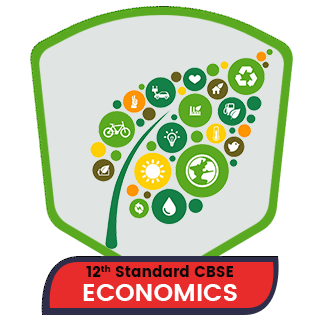
Introductory Micro and Macroeconomics
-

Business Studies
-

Economics
-

Computer Science
-

Geography
-

English
-

History
-

Indian Society
-

Physical Education
-

Sociology
-

Tamil
-

Bio Technology
-

Engineering Graphics
-

Entrepreneurship
-

Hindi Core
-

Hindi Elective
-
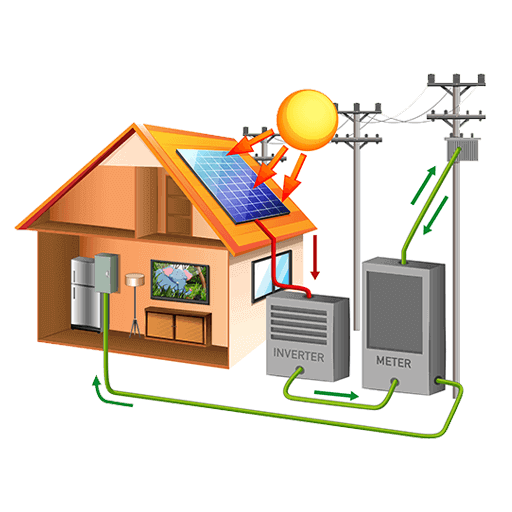
Home Science
-
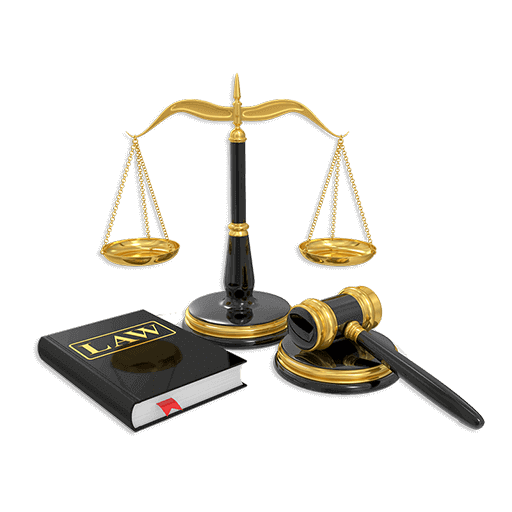
Legal Studies
-

Political Science
-
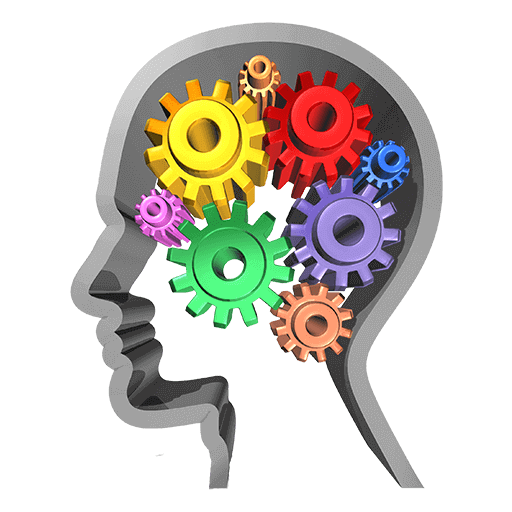
Psychology
12th Standard CBSE Subject Question Paper & Study Material
-
-
11th Standard CBSE
-

Mathematics
-

Chemistry
-

Biology
-

Physics
-

Business Studies
-

Accountancy
-

Economics
-

Computer Science
-

Bio Technology
-

English
-

Enterprenership
-

Geography
-

Hindi
-

History
-

Home Science
-

Physical Education
-

Political Science
-

Psychology
-

Sociology
-

Applied Mathematics
11th Standard CBSE Subject Question Paper & Study Material
-
- 10th Standard CBSE
-
9th Standard CBSE
-

Mathematics
-
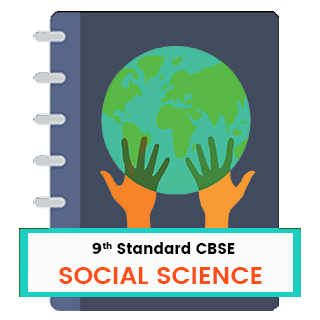
Social Science
-

Science
-

English
-

Hindi
9th Standard CBSE Subject Question Paper & Study Material
-
-
8th Standard CBSE
-

Science
-

Social Science
-

Mathematics
-

English
8th Standard CBSE Subject Question Paper & Study Material
-
-
7th Standard CBSE
-

Mathematics
-

Science
-

Social Science
-

English
7th Standard CBSE Subject Question Paper & Study Material
-
-
6th Standard CBSE
-

Mathematics
-

Science
-

Social Science
-

English
6th Standard CBSE Subject Question Paper & Study Material
-
-
12th Standard CBSE
- Free Online Test
- News
- Study Materials
-
Students
-
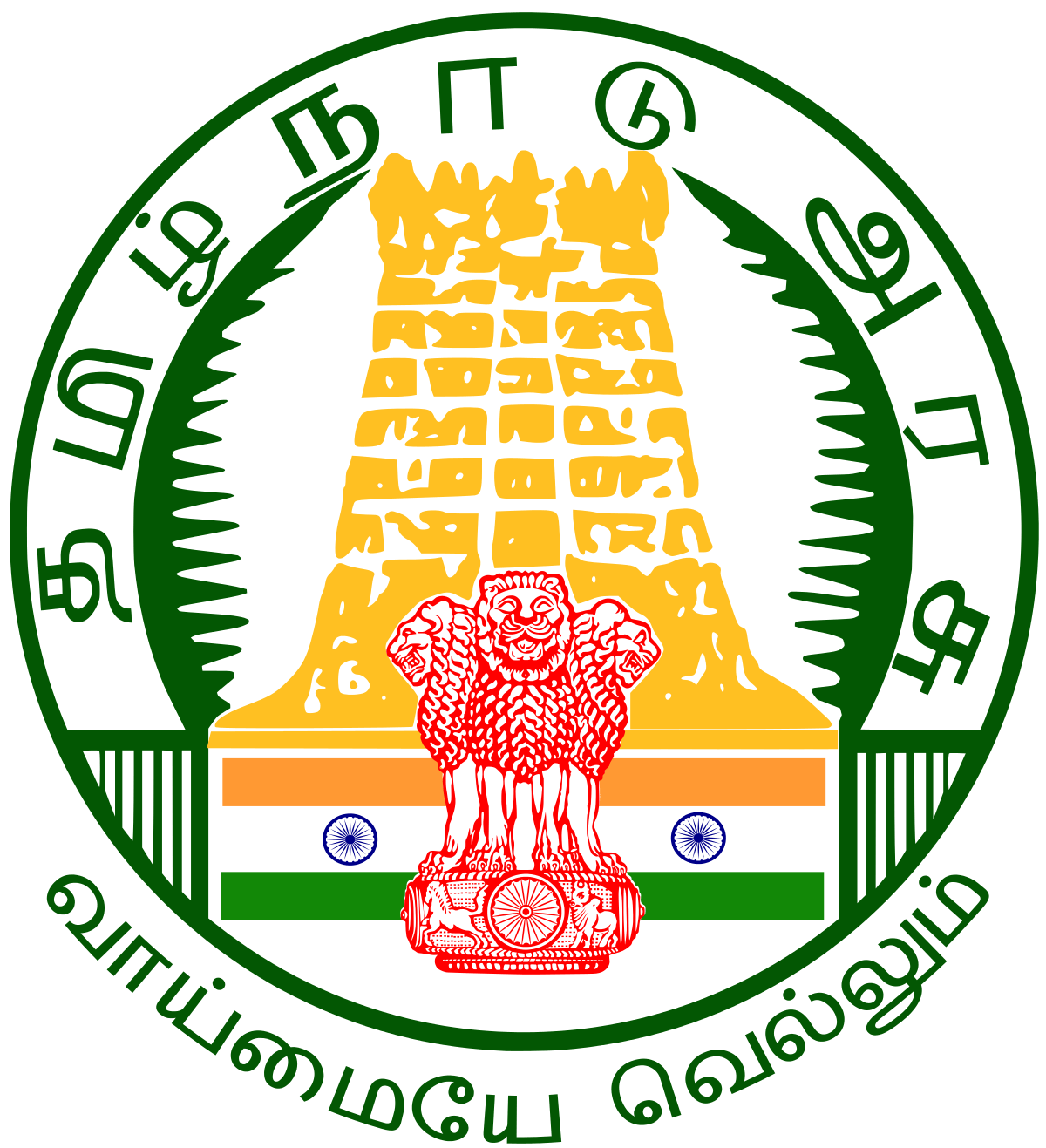
Stateboard Tamil Nadu
-

CBSE Board
-

Free Online Tests
-

Educational News
-

Scholarships
-

Entrance Exams India
-

Video Materials
Study Materials , News and Scholarships
-
-
Students
Important Question paper
11th Standard
-
Reg.No. :
Accountancy
Time :
01:00:00 Hrs
Total Marks :
95
-
_______________is provided with a complete picture of the liquidity, profitability and solvency aspects of the business.
(a)Accounts
(b)Transaction
(c)Management
(d)Book-keeping
-
Accounting gives information on _________
(a)The resources available
(b)how the available resources have been employed
(c)the results achieved by their use
(d)All of the above
-
The business is liable to the proprietor of the business in respect of capital introduced by the person according to
(a)Money measurement concept
(b)Cost concept
(c)Business entity concept
(d)Dual aspect concept
-
The word ___________ refers to traditions or customs.
(a)Accounting
(b)Book keeping
(c)Convention
(d)None of these
-
A list which contains balances of accounts to know whether the debit and credit balances are matched is _______
(a)Journal
(b)Day book
(c)Trial balance
(d)Balance sheet
-
The first step is recording the business transactions in ____________.
(a)Subsidiary Books/Journal
(b)Ledger
(c)Balance Sheet
(d)Trial balance
-
_____ in duplicate is prepared in the name of the buyer when goods are returned
(a)Credit note
(b)Debit note
(c)Both 'a' and 'b'
(d)None of these
-
On 1st January, 2018, Kumar draws a bill on Ramar for 3 months, its due date is _________
(a)4th April, 2018
(b)1st April, 2018
(c)31st March, 2018
(d)1st March, 2018
-
Residual value of an asset means the amount that it can fetch on sale at the ________of its useful life.
(a)Beginning
(b)End
(c)Middle
(d)None
-
Interest on bank deposits is ______.
(a)Capital receipt
(b)Revenue receipt
(c)Capital expenditures
(d)Revenue expenditures
-
Expand CAS ________
(a)Common Application Software
(b)Computerised Accounting System
(c)Centralised Accounting System
(d)Certified Accounting System
-
'Accounting is useful only to the owner of the business' - Do you agree?
-
Who is Public Relation Officer? (PRO)
-
What is Accountancy
-
Is it possible for him to compare his business results with that of his competitors?
-
State whether the balance of each of the following accounts should be placed in the debit or the Credit column of the trial balance.
1) Bills receivable
2) Opening Stock
3) Land and Building
4) Goodwill
5) Carriage outwards
6) Electricity Charges
7) Reserve Fund
8) Provision for Bad Debts. -
Distinguish between sales book and sales account.
-
What are grace days?
-
List out the various methods of depreciation.
-
What is annuity method?
-
From the following information, calculate the amount of depreciation and rate of depreciation under straight line method.
Purchase price of machine Rs.2,00,000
Expenses to be capitalised Rs.50,000
Estimated residual value Rs.15,000
Expected useful life 5 years -
State with reasons whether the following are capital or revenue or deferred revenue expenditure:
i) Advertisement expenses amounted to Rs.10 crores to introduce a new product.
ii) Expenses on freight for purchasing new machinery.
iii) Freight and insurance on the new machinery and cartage paid to bring the new machinery to the factory. -
What is meant by deferred revenue expenditure?
-
What is hardware?
-
Why are the following parties interested in accounting information?
(i) Investors
(ii) Government -
What is the difference between cash transaction and credit transactions?
-
Write a brief note on Accounting Standards.
-
What is the need for accounting standards?
-
What are the limitations of trial balance?
-
State the various types of coding methods.
Part-A
Answer all the questions
11 x 1 = 11
Part-B
Answer all the questions
13 x 2 = 26
Part-C
Answer all the questions
6 x 3 = 18



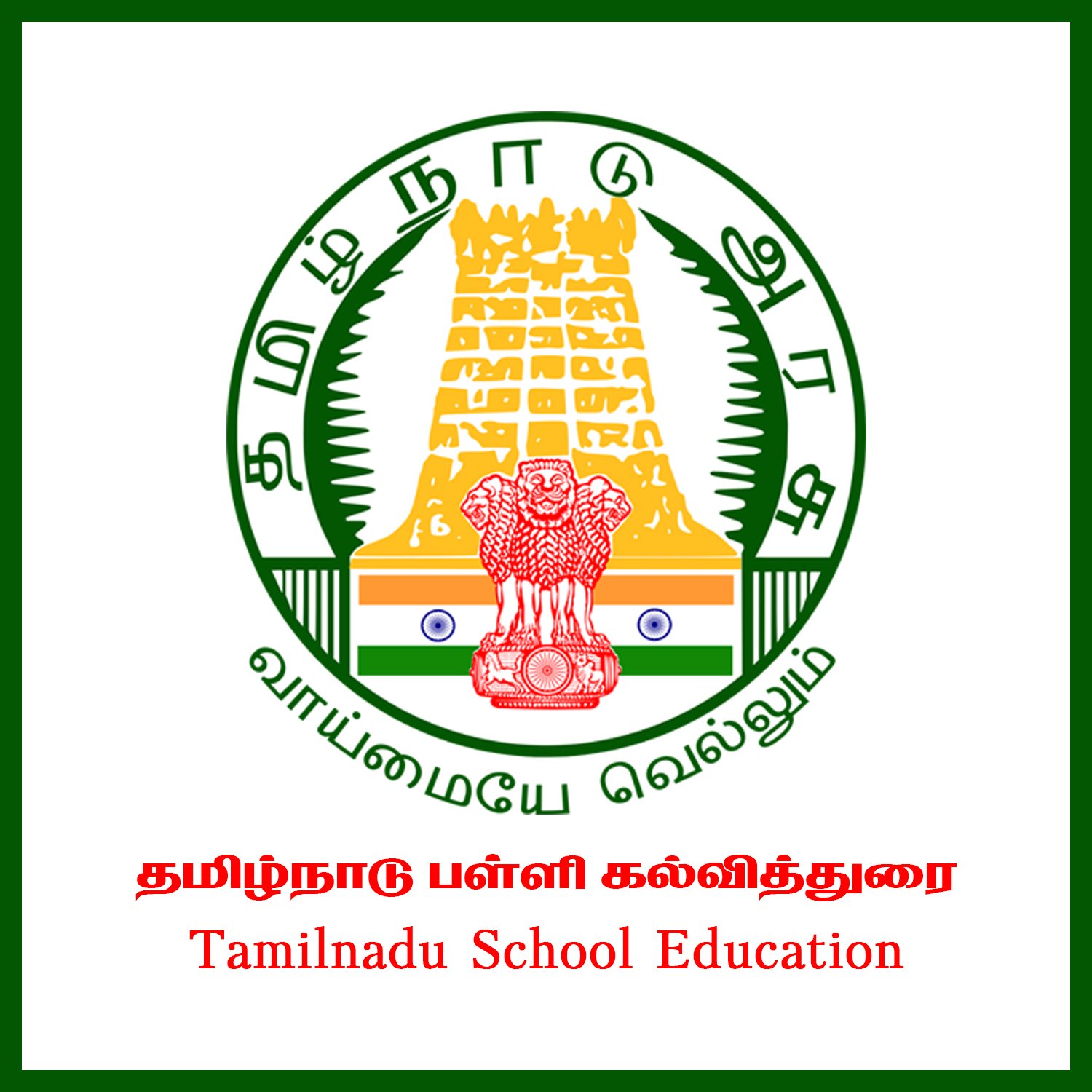

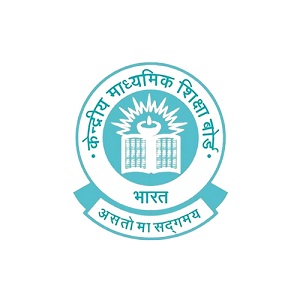
 11th Standard Accountancy Syllabus
11th Standard Accountancy Syllabus  11th Standard Accountancy Study Materials
11th Standard Accountancy Study Materials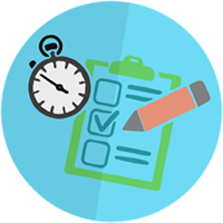 11th Standard Accountancy MCQ Practise Tests
11th Standard Accountancy MCQ Practise Tests 

Reviews & Comments about 11th Accountancy Important Question Paper 3
Write your Comment